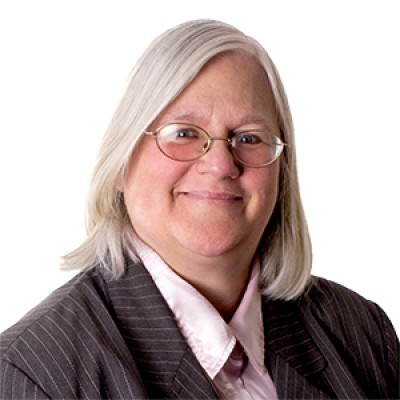On March 16, 2018, the U.S. Court of Appeals for the District of Columbia Circuit issued its decision on the Federal Communications Commission (FCC) omnibus order of 2015, relating to challenges to the FCC’s determination on healthcare calls and three other rulings relating to cell phones. The appellate court upheld an exception for certain “emergency” healthcare-related calls, as well as the FCC’s determination that consumers can revoke consent to receive marketing calls by “any reasonable means” that clearly expresses the desire to receive no further messages from the caller. On the other hand, the court set aside the FCC’s decision regarding the definition of an “automatic telephone dialing system” (ATDS), and how callers can deal with reassigned numbers where the previous owner had consented to receive marketing calls.
Background
On July 10, 2015, the FCC released a 105 page omnibus declaratory ruling and order (Order) under the Telephone Consumer Protection Act (TCPA), sometimes known as “Do Not Call.” In general, the TCPA makes it unlawful to make any call (except for a call made for emergency purposes or made with “the prior express consent of the called party”) using any ATDS to any telephone number assigned to a cellular telephone service. TCPA permits private plaintiffs to sue for $500 per call, up to $1500 per call for willful or knowing violations.
Healthcare-related exception
The FCC Order granted an exemption even from the prior express consent requirement for certain non-telemarketing, healthcare calls as long as the recipient (called party) is not charged. The FCC set forth seven conditions for these free, health care calls:
- voice calls and text messages must be sent, if at all, only to the wireless telephone number provided by the patient;
- voice calls and text messages must state the name and contact information of the healthcare provider (for voice calls, these disclosures would need to be made at the beginning of the call);
- voice calls and text messages are strictly limited to the purposes permitted in the Order [“health care” messages can include “appointment and exam confirmations and reminders, wellness checkups, hospital pre-registration instructions, pre-operative notifications, and home healthcare instructions.”]; must not include any telemarketing, solicitation, or advertising; may not include accounting, billing, debt-collection, or other financial content; and must comply with HIPAA privacy rules;
- voice calls and text messages must be concise, generally one minute or less in length for voice calls and 160 characters or less in length for text messages;
- a healthcare provider may initiate only one message (whether by voice call or text message) per day, up to a maximum of three voice calls or text messages combined per week from a specific healthcare provider;
- a healthcare provider must offer recipients within each message an easy means to opt out of future such messages, voice calls that could be answered by a live person must include an automated, interactive voice- and/or key press-activated opt-out mechanism that enables the call recipient to make an opt-out request prior to terminating the call, voice calls that would be answered by an answering machine or voice mail service must include a toll-free number that the consumer can call to opt out of future healthcare calls, text messages must inform recipients of the ability to opt out by replying “STOP,” which will be the exclusive means by which consumers may opt out of such messages; and
- a healthcare provider must honor the opt-out requests immediately.
The federal appellate court upheld this exemption, holding that the FCC “did not restrict communications that HIPAA required be permitted to flow freely. It simply declined to make certain exchanges even less burdensome that they would have been by default.” The court found that the FCC was empowered to draw a distinction between healthcare calls for emergency purposes and calls that were not (“telemarketing solicitation, or advertising content, or which include accounting, billing, debt-collection, or other financial content”). The court found that the FCC “adequately explained its reasons” for the distinction and therefore its actions were not arbitrary or capricious.
Additionally, as previously mentioned, the circuit court upheld the FCC’s ruling that consumers can revoke consent to receive marketing calls by “any reasonable means” that clearly expresses the consumer no longer wants to receive such calls, but the court set aside the FCC’s determination regarding the definition of an “automatic telephone dialing system” (ATDS), and the one-call safe harbor for calling reassigned numbers where the previous owner had consented to receive marketing calls. For a more detailed discussion on the court’s decisions regarding the other three FCC determinations, please visit the Data Protection Report.


